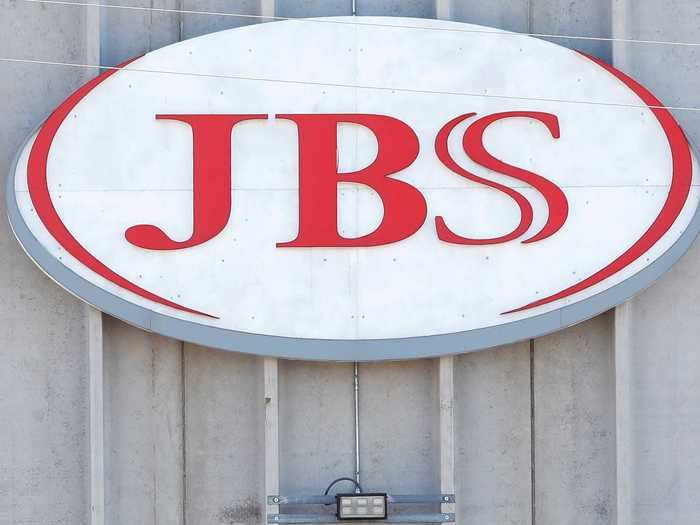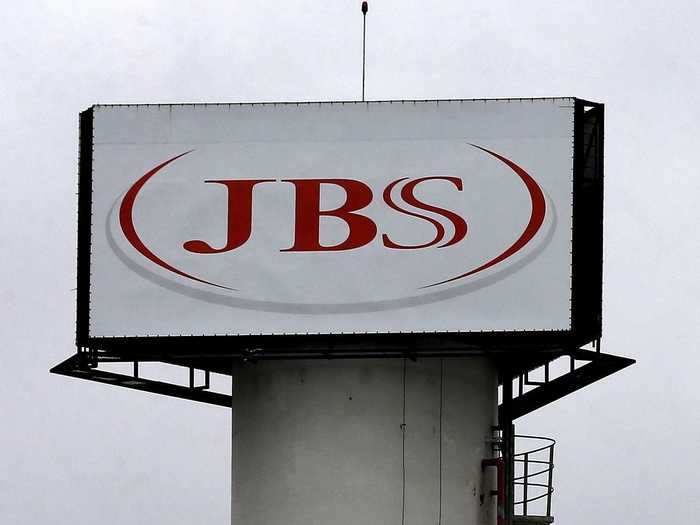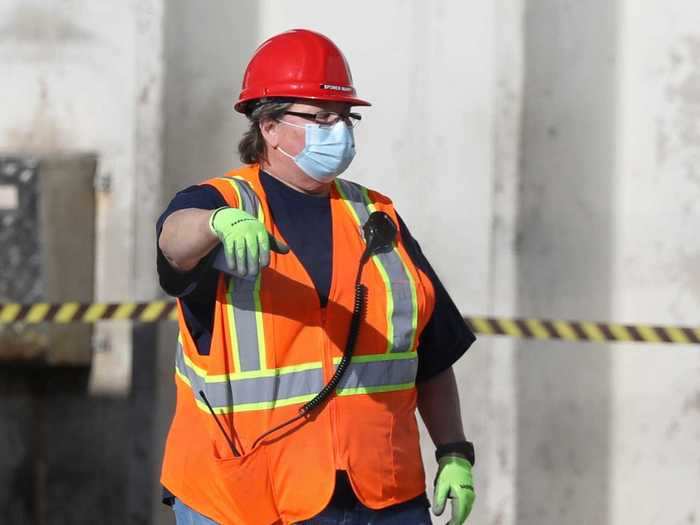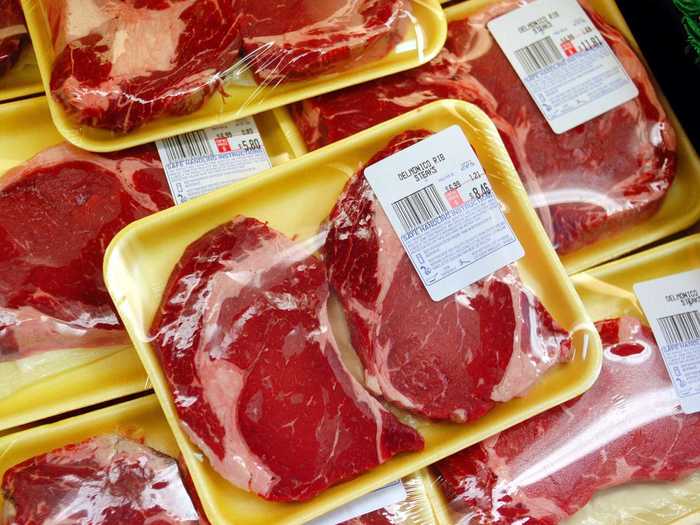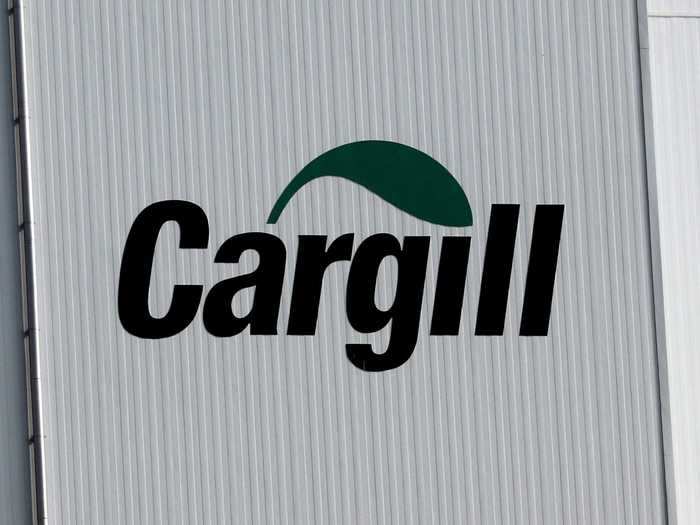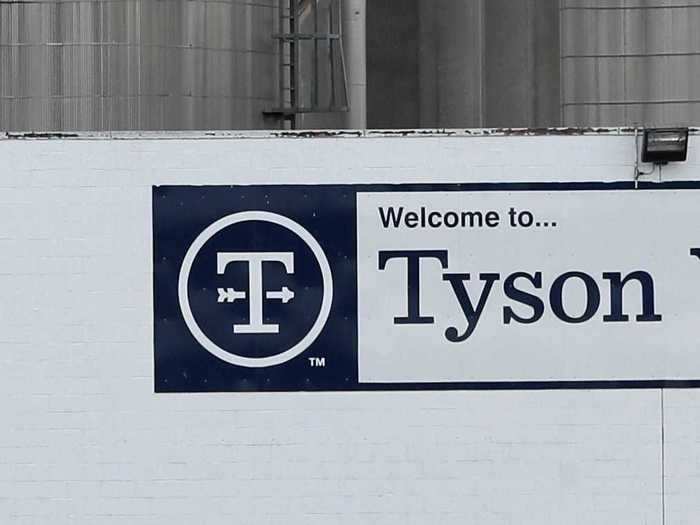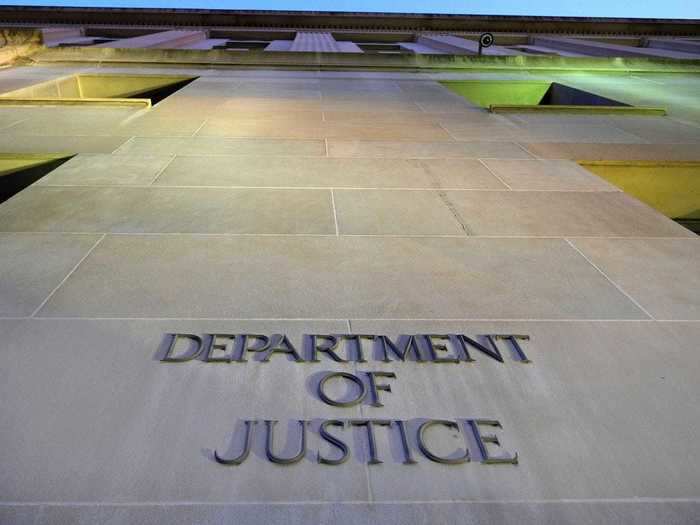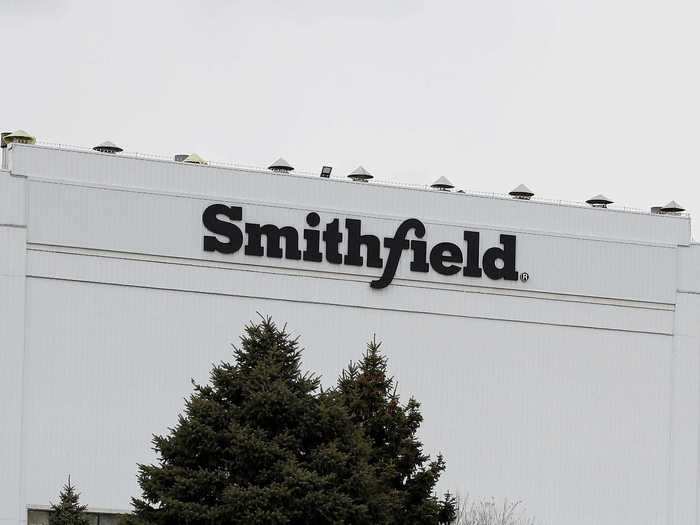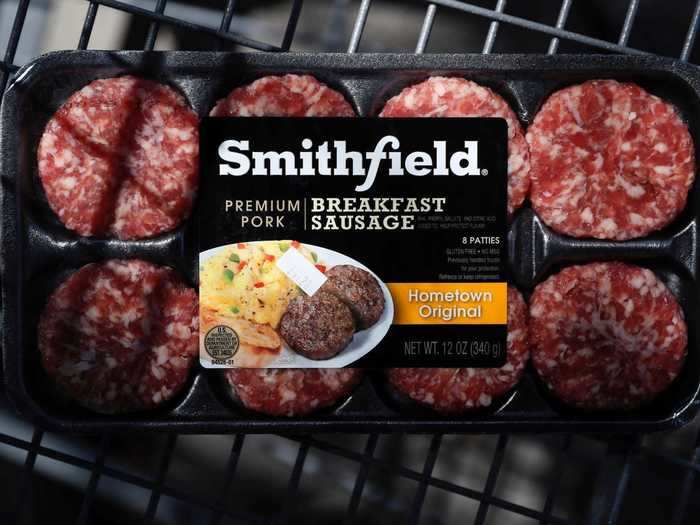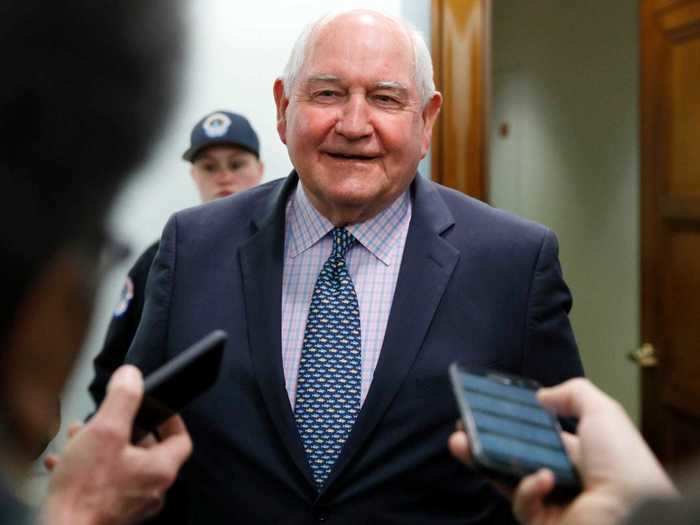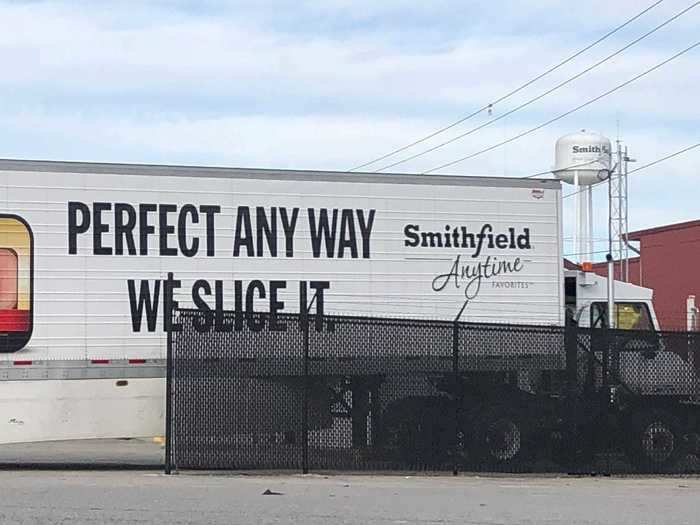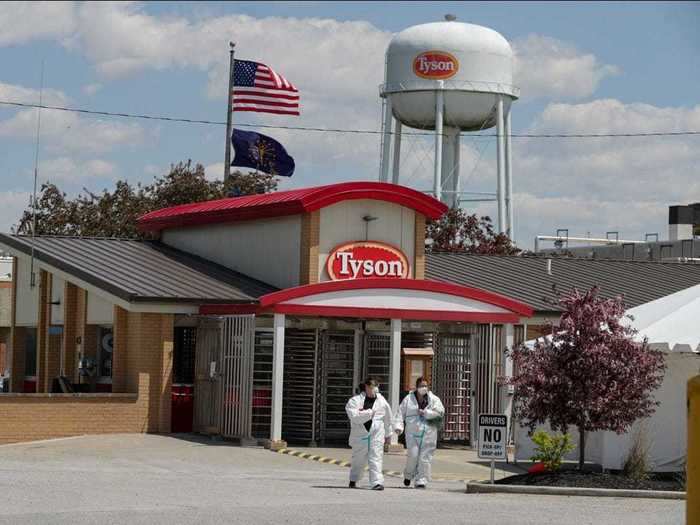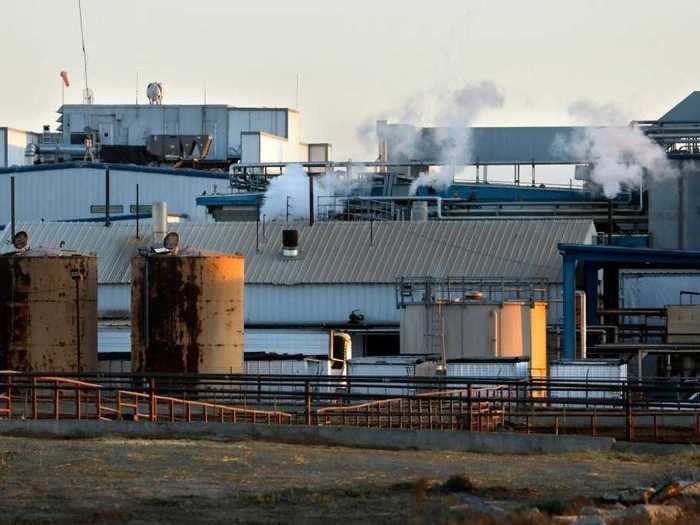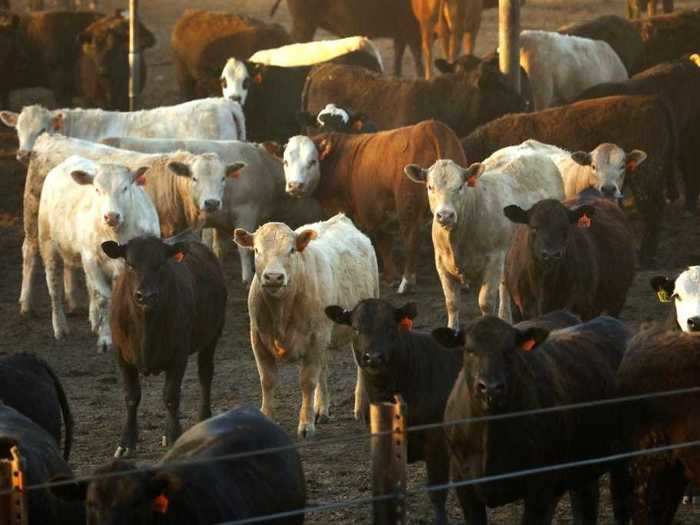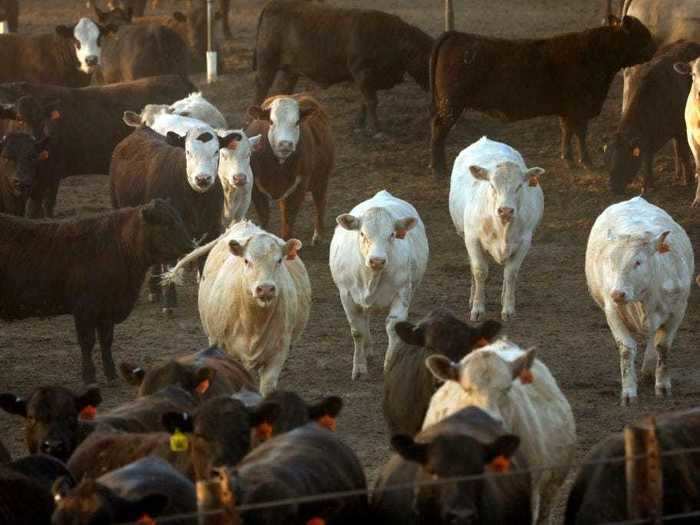David Ryder/Getty Images
- Meat processing companies are increasingly under fire in the age of the coronavirus.
- Big-name meat industry giants like Tyson, JBS, and Smithfield have all faced lawsuits pertaining to the pandemic.
- The United States Justice Department is also investigating a quartet of powerful meat companies over price-fixing allegations.
- Are you a meat plant worker with a story to share? Email acain@businessinsider.com.
On Monday, Tyson Foods beat expectations with its $527 million profit.
But the positive earnings fail to reflect some of the dark trends that have spread through the meat industry since the start of the coronavirus pandemic this spring. The Midwest Center for Investigative Reporting found that, as of July 17, 133 meat-processing plant workers have died of COVID-19. The investigative reporting outlet is tracking 33,500 cases of the virus "tied to meatpacking facilities in at least 363 plants in 38 states."
Concerns over rising meat prices have also soared during the pandemic, ultimately leading to allegations of collusion and price-fixing that are currently under investigation by the United States Department of Justice.
Cargill declined Business Insider's request for comment. The other meat-packing companies mentioned in the article did not immediately responded to Business Insider's request for comment.
Here's a round-up of some recent lawsuits involving some of the biggest names in the meat industry:
One recent meat-processing lawsuit centers around Enock Benjamin, a 70-year-old meat processing plant worker who died of COVID-19 in April.
The JBS logo.
Reuters
Benjamin's family has filed suit against his employer: JBS S.A., a global food processing giant based in Brazil.
The JBS logo.
Reuters
The lawsuit against JBS alleges that the meat processing plant where Benjamin worked put employees at risk during the coronavirus pandemic. The plant only shut down operations four days after he died.
Employees wear face masks at a JBS USA meat packing plant.
Reuters
In June, Central Grocers, a now-bankrupt co-op of grocers, sued a quartet of meat-packing giants, alleging that the companies colluded to gouge and fix prices during the coronavirus pandemic.
Cuts of meat in a grocery store.
Getty Images/William Thomas Cain
The co-op went after Cargill, JBS USA Food Co. Holdings, National Beef Packing Co., and Tyson Foods Inc., four of the biggest meat-packing companies in the United States.
Cargill's logo.
Reuters
The grocer's lawsuit cites an unnamed employee of one of the meat-packers who, according to industry outlet Meat + Poultry, said the businesses conspired to spike "wholesale prices above competitive levels."
A Tyson Foods logo.
Associated Press
The United States Justice Department and the United States Department of Agriculture have also launched price-fixing investigations into those four companies.
The United States Department of Justice is investigating four meat-processing giants.
J. David Ake, File/AP Photo
In another instance, an anonymous worker in Milan, Missouri, with the help of the advocacy group the Rural Community Workers Alliance, sued Smithfield Fresh Meats Corporation for endangering employees during the pandemic.
The Smithfield logo.
Associated Press
The April 23 filling indicates that the worker, identified as "Jane Doe," was assigned to the "cut floor," where she helped break up animal parts and package the meat.
The Smithfield logo.
Reuters
She alleged that Smithfield was failing to establish social distancing within the plant and penalizing "workers for missing work even if they are exhibiting COVID-19 symptoms."
AP Photo/Charlie Neibergall
Charlie Neibergall/AP
United States District Judge Greg Kays dismissed the case without prejudice, writing that it fell squarely under the purview of the Occupational Safety and Health Administration and the United States Department of Agriculture.
Agriculture Secretary Sonny Perdue.
Jacquelyn Martin/AP
Now, advocates for the meat-processing industry are attacking "John Doe" and "Jane Doe" lawsuits. Proponents argue that these anonymous lawsuits — such as the one filed on behalf of the Smithfield employee — protect vulnerable employees working within meat-packing plants from retaliation. Detractors say they prevent meat industry companies from rooting out unsafe conditions within their plants
A Smithfield truck.
Reuters
A cohort of advocacy groups — including the Rural Community Workers Alliance and Forward Latino — have sued both Tyson and JBS for allegedly racially discriminating against their own employees in their response to the coronavirus epidemic.
Tyson Fresh Meats processing plant is seen three days after a fire heavily damaged the facility in the Finney County town of Holcomb
Reuters
The Times Republican reported that the group of organizations filed a civil rights complaint with the USDA. The complaint alleged that Tyson and JBS failed to apply measures recommended by the Centers for Disease Control in order to protect employees, and by doing so, put minority workers at risk.
Workers at a Tyson plant.
Michael Conroy/AP Photo
In another instance, Maria Pilar Ornelas, a meat processing worker at Central Valley Meat Company, fell ill with COVID-19 in April.
The Central Valley Meat Company's plant.
Carolyn Cole/Los Angeles Times via Getty Images
In a lawsuit filed against her employer, she said that she was told to continue to work, despite her symptoms, Cal Matters reported.
Cows at the Harris Feeding Company, which is owned by Central Valley Meat Holding Company.
Carolyn Cole/Los Angeles Times via Getty Images
Ornelas filed against Central Valley Meat Company on July 22. According to her lawsuit, she also infected her boyfriend, and he was hospitalized as a result.
Carolyn Cole/Los Angeles Times via Getty Images
Source: Cal Matters
Are you a meat plant worker with a story to share? Email acain@businessinsider.com.

